About a week after my diagnosis, Per’s lower back really starts to bother him. This isn’t so unusual: he’s training to run the Chicago Marathon for the third time, and he regularly starts to feel the impact of those long runs toward the end of summer.
But this year, we aren’t all that surprised when none of the usual approaches seem to bring any relief, and I finally talk him into trying acupuncture, in hopes that it can address both physical and emotional sources of his pain.
I make him an appointment at the Northshore Acupuncture Center and drop him off.
When I pick him back up, I’m relieved to see him walking a little bit easier – but when he gets into the car, he is less interested in telling me about the treatment, and more excited to tell me about Amy, the owner who treated him, who also treats cancer patients. She’s given him a book to share with me, which I initially take skeptically. I’ve already had an onslaught of offerings I know I probably won’t end up reading; and I think back to all the books I received when expecting the twins – the only one I read was about sleep training – for anything else, I asked my mom.
But I’m drawn into this one, Radical Remission: Surviving Cancer Against All Odds – and not just because that is exactly what I need to do. Its author had evaluated over one thousand cases of cancer patients who had unexpectedly recovered – quantitatively identifying the nine factors that had the highest correlation to healing. As soon as I start to receive “Fuck Cancer!” and “You’re a Warrior!” texts from people, I know that approach won’t work for me. Reading this book seems to offer a viable alternate path.
If my divorce has taught me anything, it’s that fighting triggers my stress response and brings out the very worst in me – it still ranks above cancer as the most emotionally terrible experience of my life. My professional bio proclaims that my career has been characterized by asking the question “why?” and uses words like “collaboration” and “nurturing” and “common ground.” None of these fits with the idea I am a warrior.
The list of nine factors seems much more consistent with who I am:
Radically changing your diet: I did this when trying to get pregnant with the twins, so I am certain it will work for me now: plant-forward, whole grains, no dairy, nothing processed, no sugar, caffeine, alcohol. I figure trying to save my life will be even more motivating than trying to get pregnant! (I fail to consider that near-constant nausea was not a part of my infertility journey.)
Taking control of your health: it’s only been nine days since my colonoscopy – I’ve already had two oncology consults and a third is scheduled, and I just read about something called an HAI pump and have emailed the first oncologist to ask about it.
Following your intuition: most of the biggest (and best) decisions of my life have been a function of listening to my intuition; including the life I now have with Per and the kids.
Using herbs and supplements: admittedly, this feels less me, but I decide I’m open to this chapter.
Releasing suppressed emotions: after seventeen years of Catholic education, I figure I have plenty to release – mostly guilt.
Increasing positive emotions: Yup! I grew up incredibly shy: my third-grade teacher, Sister Theresa, sadly told my mother at a parent-teacher conference, “I’m sorry to have to tell you this, Mrs. Leggio, but Gina will never be a leader.” By college, I figured out that humor was a good way of faking social confidence and putting others at ease. Days after my diagnosis, when people tell me they are sorry, I start deadpanning, “Oh, don’t be: this is going to be great for my speaking career. Unless I die. That would probably negatively impact my bookings.”
Embracing social support: I’m self-conscious about the fact that I feel like I don’t have many friends (shortly after diagnosis I worry aloud to Per about dying and nobody coming to my funeral), so while I don’t put much emphasis here initially, it quickly becomes one of the most important factors powering me through my journey.
Deepening your spiritual connection: I’ve drifted from Catholicism since graduation, and have felt the void it left, so I’m hopeful to recapture some of what I’ve lost elsewhere.
Having strong reasons for living: I first quipped, “I can’t die – I’m a mom; there are fingernails to clip” at an oncology consult, then many, many times since; and behind the joke is the urgency I feel to stay with the family I desperately love.
The introduction to the book suggests that the reader read the chapter on each approach and decide which combination of factors is right. As the achiever I am, I decide to try them all.
I tell my mother about the book as an antidote to being a warrior. “I’ve decided to love my way through cancer,” I proclaim.
She tells me about a friend who had been diagnosed with uterine cancer, then started visualized stars nipping away at the disease. By the time this patient went to the doctor for staging, the cancer had disappeared completely. I picture the stars as the tiny ones you find in Campbell’s chicken and stars soup, and maybe the comfort food association is what makes it feel like a loving image.
A week or two later, Per asks me if I want to make any requests to our network when he shares the news of my cancer on Facebook. I instinctively ask if he will have people visualize those stars gently working on my disease as a means of social support. He does; and decides to name the group “We Are All Made of Stars,” and then suggests that people can post or send me star emojis to let me know they are thinking about me.
In doing so, we accidentally find a way to address one of the biggest tensions of cancer: patients need on-going emotional support, but people often don’t know exactly what to say – and so they say nothing.
In asking people to send me star emojis, this problem is efficiently solved, and I’ve probably received hundreds of thousands of stars over the years, from people who know me well and those who don’t know me at all. Many come via emoji; but they also appear in the form of printed pajamas, garlands, sunglasses, and notes in star-shaped pouches; decorated shirts and pictures from churches and places around the world; in glitter that tumbled out of envelopes, in stickers, in drawings done by my own children and many others.
We joke that I have the best branded cancer diagnosis in the world – and maybe that’s about what you would expect from a couple with almost 50 years of advertising experience between them. But the truth is, making it easy for people to support me opens the door to a level of social support I truly could never have imagined – and of all the factors I explored at the suggestion of Radical Remission, this is the one I think made the biggest difference in my own journey.
Coming next:
This post concludes a summary of most of the important stuff that happened before we started posting on Facebook. Our first post was made on September 30th, 2018, the day before my first chemo treatment.
Starting Sunday, I’ll start sharing those posts along with new accompanying commentary about what might have been happening behind the scenes, what I think I got right, and what I definitely got wrong before I got it right.
To those of you who have shared this Substack via email, or with your own networks on LinkedIn or Facebook – an enormous thank you for helping me to spread the word with such incredibly generous recommendations. For real, you all are making me blush!
And, if you’ve been meaning to share, now is a good time to invite people to get caught up before the historical posts begin. A huge thank you for your support!
About the links on this post:
I don’t collect affiliate commissions, but if you are interested in Radical Remission, I encourage you to follow this link to bookshop.org, where you can make a purchase that will support your local bookstore (feel free to pick one in Evanston, IL if you don’t have a favorite!)


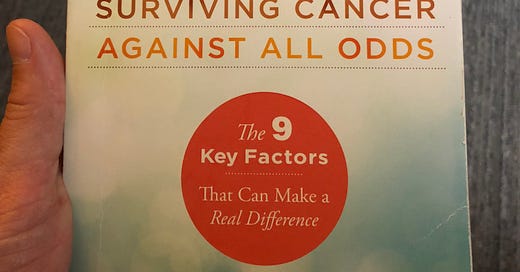



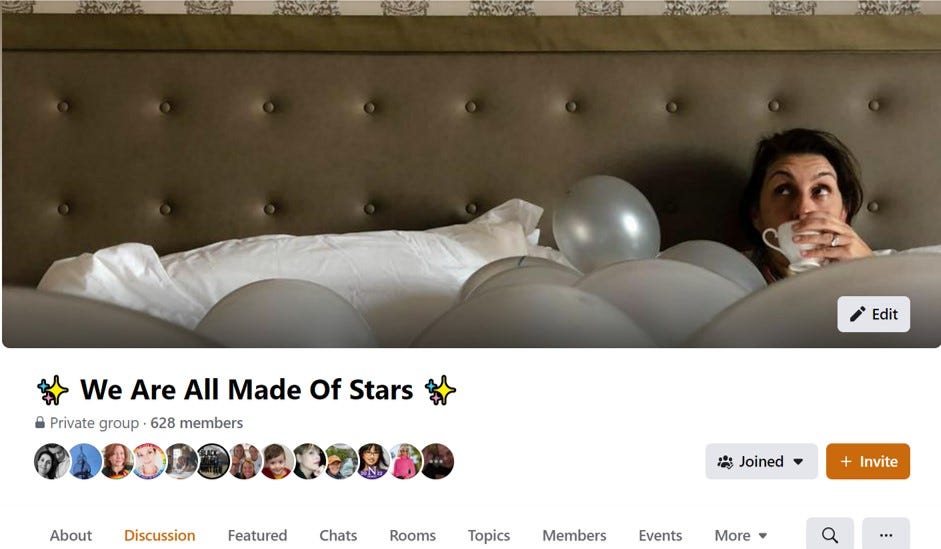
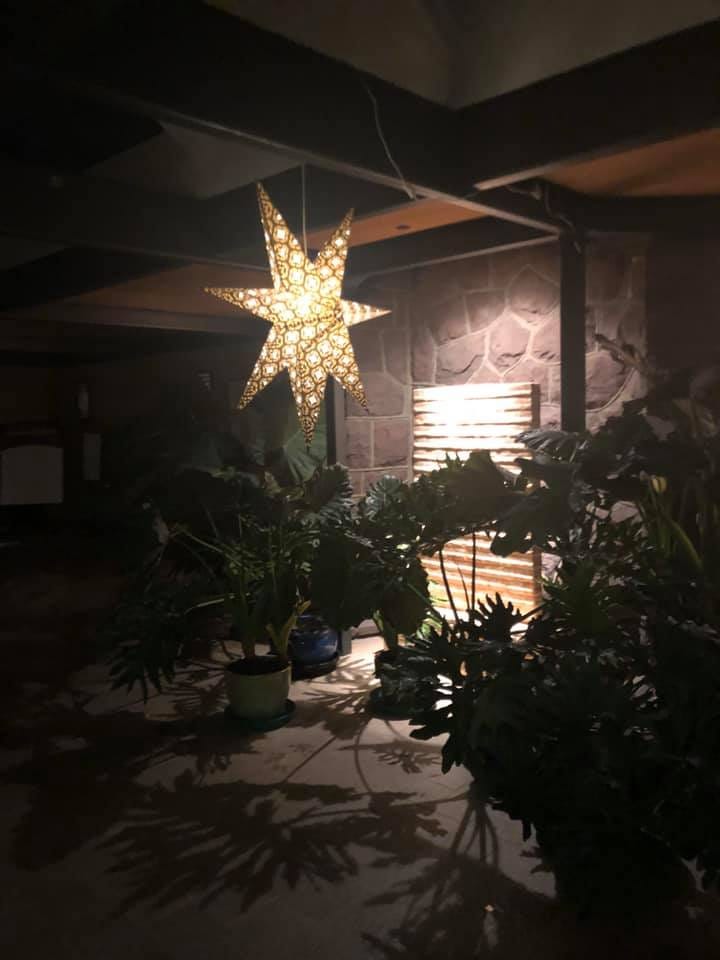
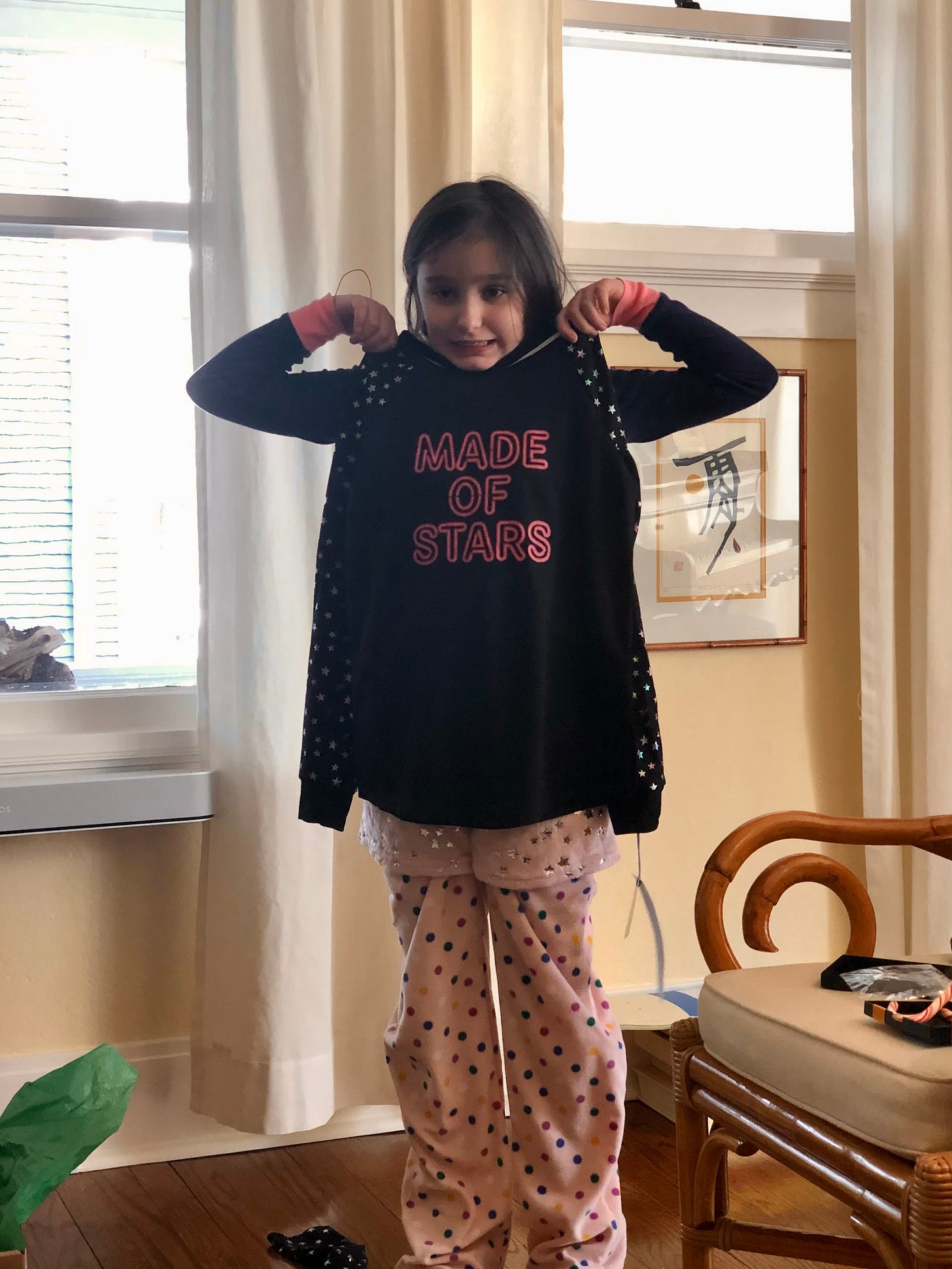
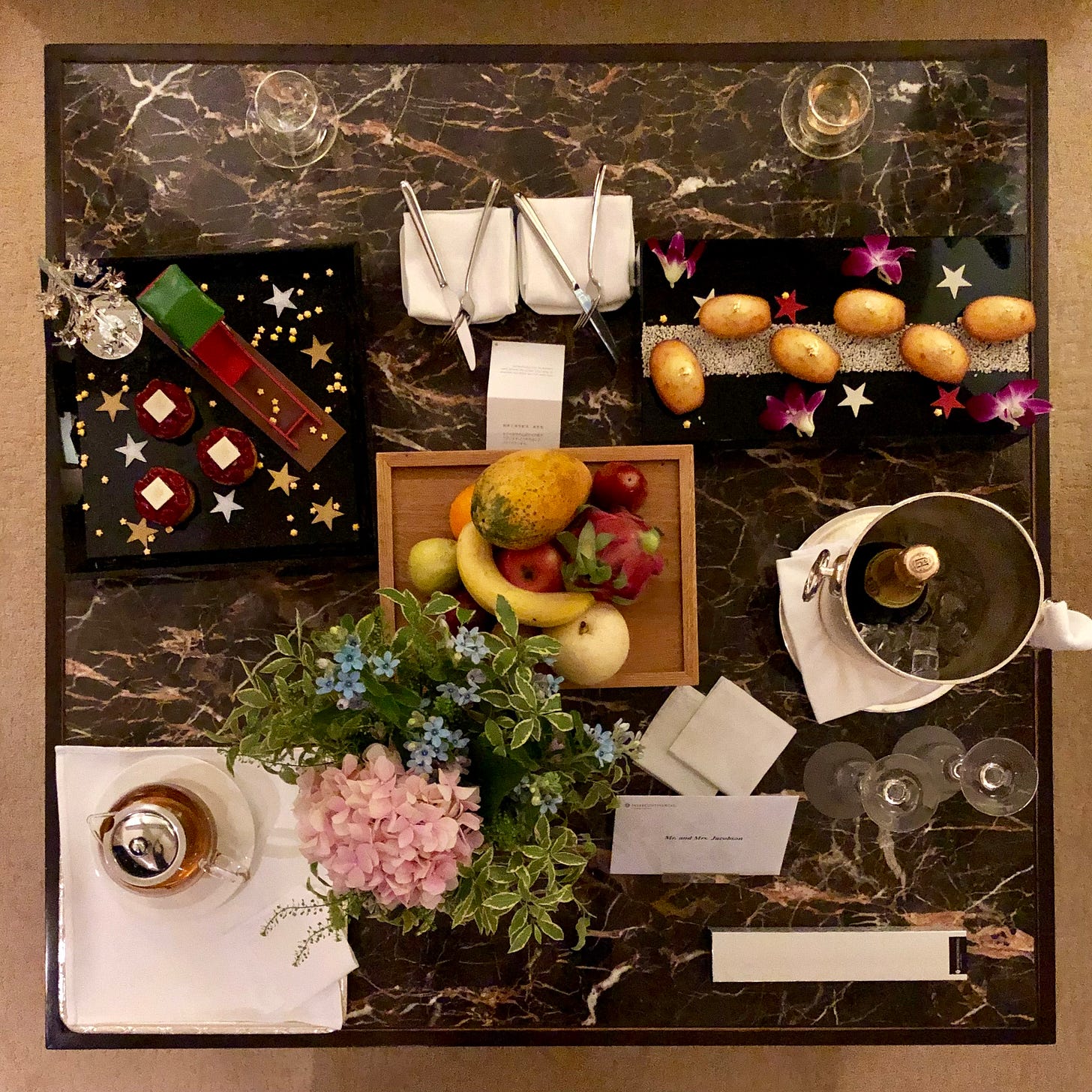
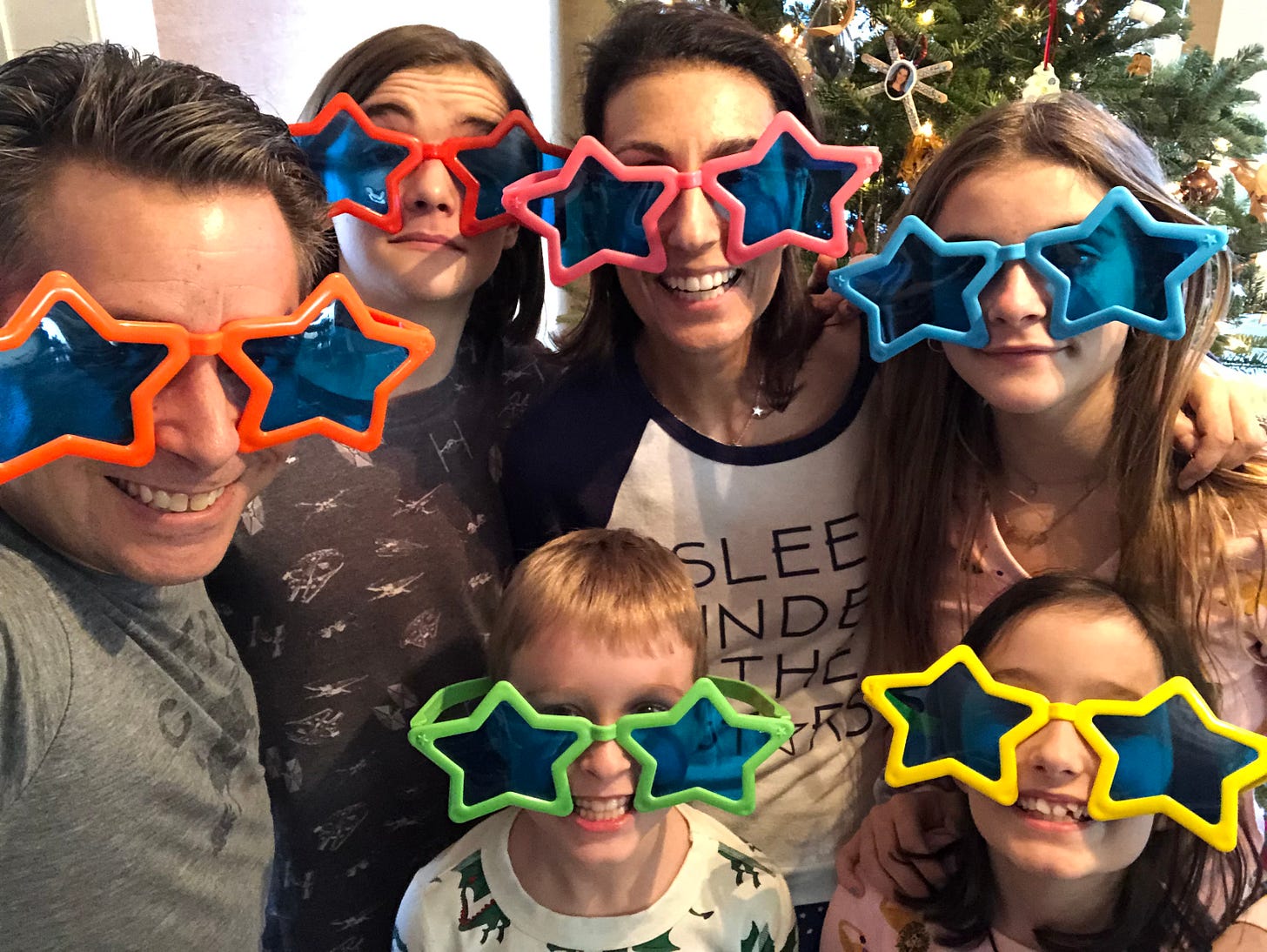
Brilliant, as always. I've shared your Substack with several friends, and friends of friends, and am hearing how it's already helping. May your starlight continue to nourish you, and shine on many others.
Dear Gina, a friend just shared this with me. I was diagnosed with stage 4 colon cancer (3 large lesions on liver) on Aug. 3 2022 at 51. I’m being treated with FOLFOXIRI with hopes for surgery in the next 3-4 months. I’m so happy to have found you and this newsletter, and can’t wait for more!